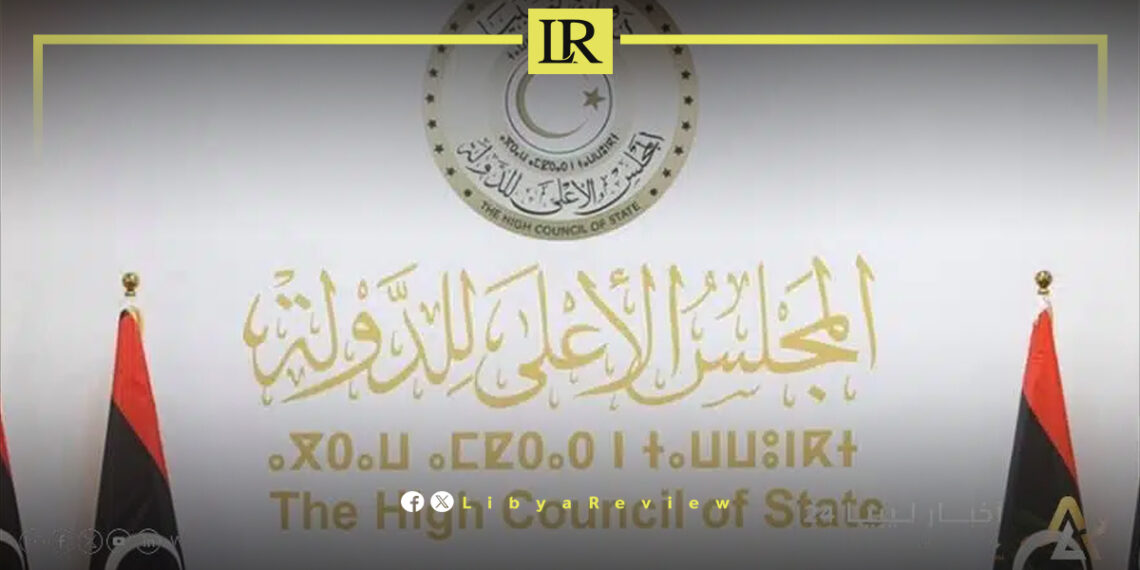In a move highlighting tensions among Libya’s state institutions, the Libyan High Council of State (HCS), led by Khaled Al-Mishri, issued a strongly worded statement criticizing the Foreign Ministry of the outgoing Government of National Unity (GNU), headed by Abdel-Hamid Dbaiba.
The statement came in response to the Foreign Ministry’s demand for prior coordination regarding dialogue sessions between members of the House of Representatives (HoR) and the HCS. These discussions, held in Morocco, followed preliminary meetings in Tunisia and Egypt.
The Foreign Ministry claimed such coordination falls within its jurisdiction. However, the HCS accused the ministry of overstepping its authority and exhibiting “a lack of understanding” of the separation of powers.
In its statement, the HCS reaffirmed its independence as a legislative authority responsible for establishing the executive branch, emphasizing that it does not operate under the Foreign Ministry or any other executive entity. The council clarified that the ministry’s role is limited to logistical support and facilitating conditions for legislative bodies, both domestically and abroad.
The HCS also praised Morocco’s efforts in mediating between Libyan factions, extending gratitude to King Mohammed VI, the Moroccan government, and the Moroccan people for hosting the dialogue sessions. These efforts are viewed as a significant step toward resolving Libya’s ongoing political crisis.
The council’s statement sheds light on the broader issue of overlapping institutional roles in Libya. Observers note that the Foreign Ministry’s interference reflects deeper structural problems in understanding the separation of powers. Critics argue that instead of focusing on its role in external diplomacy, the ministry is encroaching on legislative functions.
This dispute emerges at a critical time for Libya, where political divisions remain stark. The GNU, led by Abdel-Hamid Dbaiba, faces accusations of overstaying its mandate and failing to meet public expectations, drawing constant criticism from rival factions.
Meanwhile, the HCS and the HoR continue to engage in dialogue to reach a consensus. Their latest meetings in Morocco form part of broader regional and international efforts to resolve Libya’s prolonged crisis.
Morocco has played a pivotal role in facilitating these discussions, earning respect from all parties for its neutrality and effectiveness. The country has hosted several Libyan dialogues over recent years, which, while yielding initial agreements, have yet to produce lasting solutions.
The ongoing conflict between the HCS and the GNU’s Foreign Ministry highlights the entrenched political and institutional crisis in Libya. While efforts continue to bridge gaps between the various factions, the challenges of achieving unity and stability remain formidable.
Nevertheless, regional and international mediators, especially Morocco, continue to offer hope for a peaceful resolution to Libya’s turmoil.


